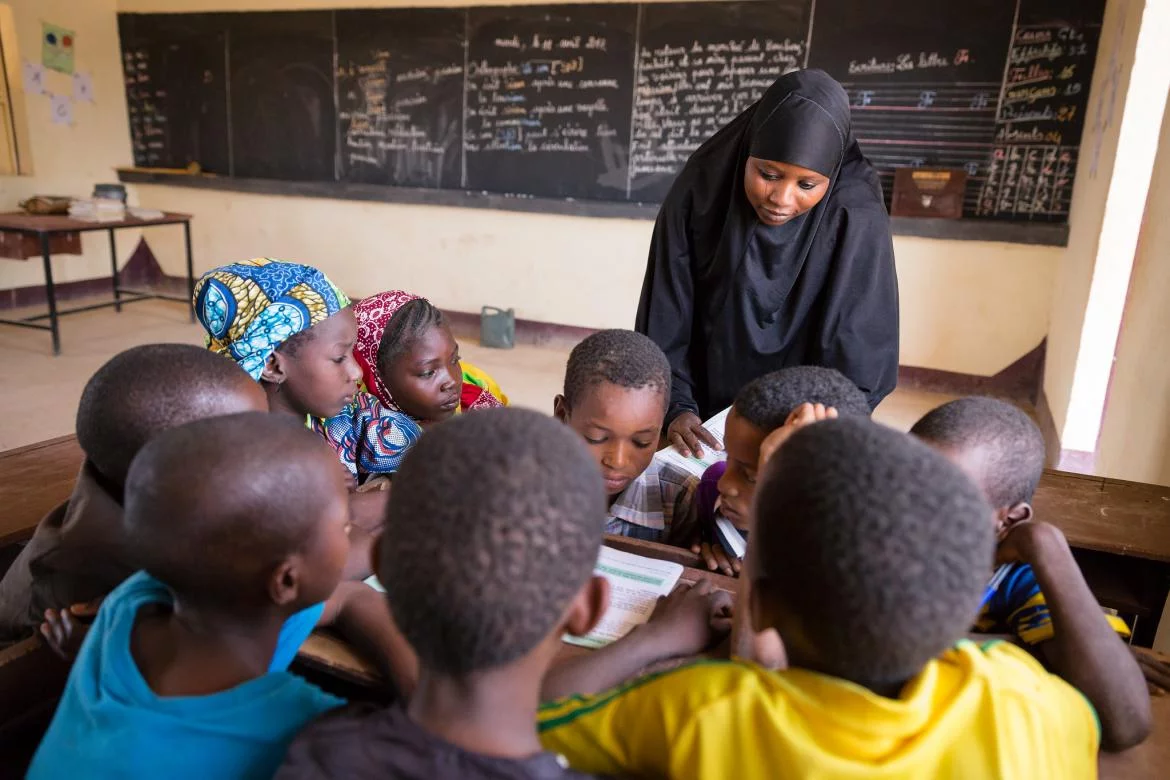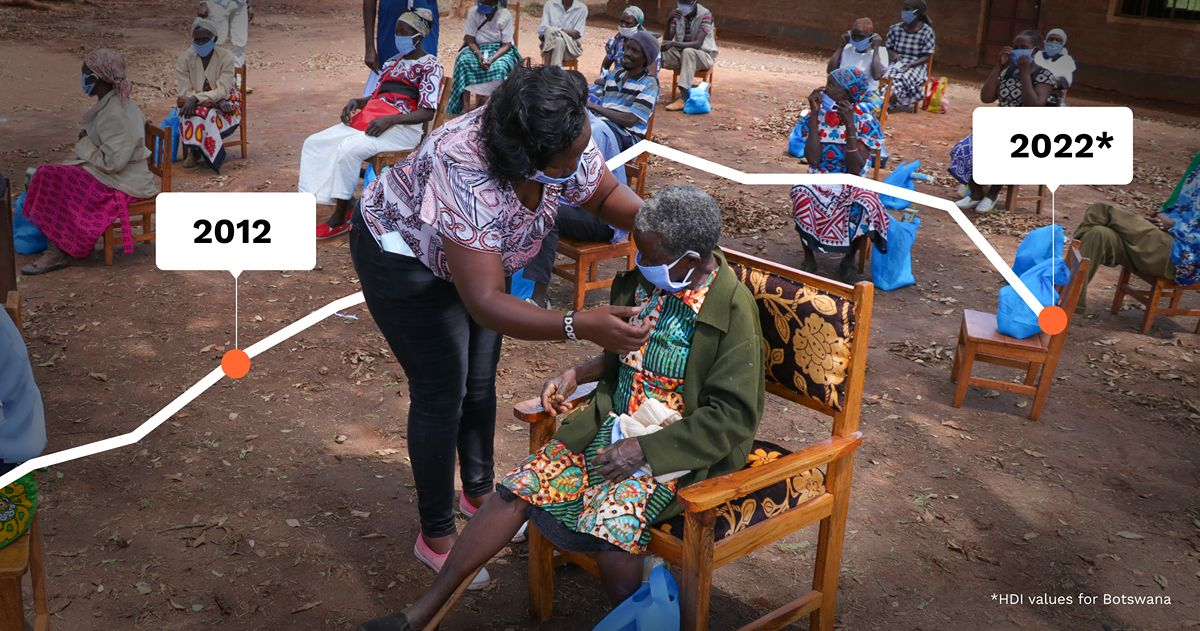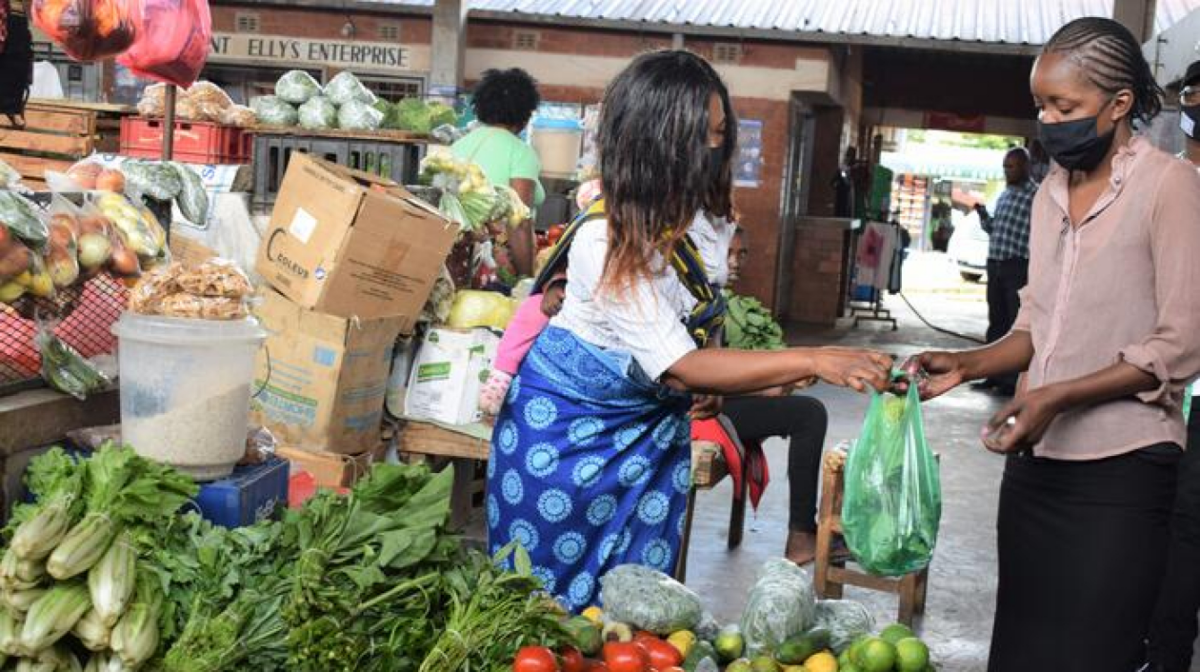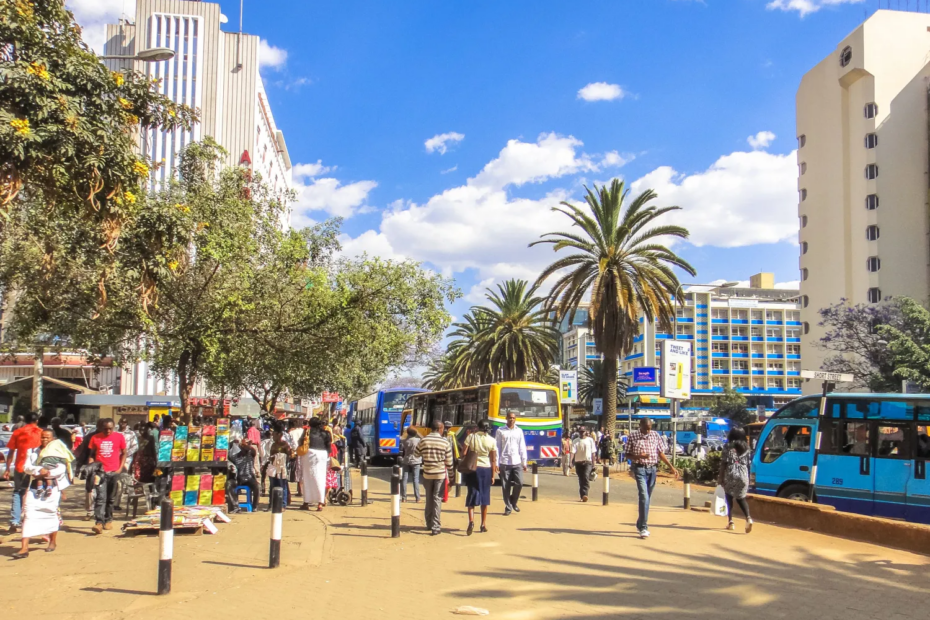Africa has always been a continent of great potential. With its vast natural resources, diverse cultures, and increasing technological access, Africa is poised for significant development in the coming years. However, many challenges still need to be overcome for this development to become a reality. One of the main areas of concern is human development. Despite the progress in recent years, Africa still lags behind other regions regarding indicators such as education, health, and standard of living. In this post, we’ll look closer at the current state of human development in Africa and explore potential paths for future growth.
Current State of Human Development in Africa
According to the United Nations Development Programme’s (UNDP) Human Development Index (HDI), which measures a country’s average achievements in three basic dimensions of human development – health, education, and standard of living – the overall level of human development in Africa is still relatively low. Also Read: Restoring Africa’s Ecosystems for Future Generations
Out of the 189 countries included in the HDI rankings, only four African countries fall into the high human development category, with Seychelles being the highest ranked at 62nd place. The majority of African countries fall into the medium and low human development categories, with Niger ranking last at 189th place.
Africa’s Population and Future
Africa’s population, comprising 1.4 billion people, is young and growing rapidly. Remarkably, half of the continent’s inhabitants are under 20. While population growth rates in other regions have plateaued, Africa’s has escalated by 2.42% per year over the past 30 years. This exponential growth is projected to continue to Increase. By 2050, the African population is set to balloon to at least 2.4 billion and is forecasted to quadruple to an astonishing 4.2 billion over the next century.
This sustained population growth is the result of falling mortality rates, which have outpaced declines in fertility rates. Strategic planning and investments in education, healthcare, and job creation become even more crucial as we approach this future. Their practical implementation will ensure that the continent harnesses its demographic dividend to enhance the quality of life for its burgeoning population.
Sustainable development practices must take precedence to ensure responsible utilization of Africa’s natural resources for future generations. This involves adopting renewable energy solutions, promoting sustainable agriculture, and addressing inequality and social exclusion. Moreover, By tackling factors like gender discrimination, ethnic divisions, and income disparities, we can shape a more inclusive and equitable society.

Education in Africa
Africa has made commendable strides in advancing towards universal primary education, yet significant challenges persist. While progress has been evident, there remains a critical need to enhance primary completion rates, elevate the overall quality of education, and address gaps in secondary and tertiary enrollments.
Alarming statistics reveal that 98 million children are currently out of school, with over 35% of the youth lacking access to secondary education or technical skills development. Shockingly, half of all children enter adolescence without attaining basic literacy or numeracy skills, underscoring the urgency for immediate action to uplift the standard of education across the continent.
The educational landscape in Africa is further complicated by the fact that, for many young people, a mere six years of schooling falls short of building essential literacy skills. The region grapples with challenges from population growth, heightened demand for education, and the strain on resources needed to recruit and train teachers, particularly in Sub-Saharan Africa.
Public spending on education varies across the continent, averaging around 3.2% of Africa’s GDP, ranging from just over 1.3% in Mauritania to 9.4% in Namibia(As of 2022). Africa must take decisive steps to provide comprehensive and high-quality education to break the cycle of poverty and pave the way for a brighter future.

Health and Well-being
By 2060, life expectancy in Africa is projected to surpass 70 years, but with notable differences across sub-regions. Despite steady progress, Africa still holds the record for the lowest global average life expectancy and the highest mortality rates. A positive highlight is the significant decrease in child mortality over the past decade, with the average dropping from 93 per 1,000 live births in 2015 to a projected 32 per 1,000 live births by 2060. Maternal mortality has also seen improvement, decreasing from 708 per 100,000 live births in 1990 to 415 per 100,000 live births in 2010, thanks to declining fertility rates and increased access to contraceptives.
However, Africa faces ongoing challenges, particularly in dealing with a substantial burden of HIV/AIDS. The number of people requiring antiretroviral treatment in 2022 was estimated to be about 25.6 million. Additionally, the continent anticipates a rise in diabetes cases from 12.1 million patients today to 24 million by 2030, and new cancer cases are expected to increase from 681,000 in 2008 to 1.6 million annually by 2030. Despite these health challenges, sustained improvements in health and education are crucial for fostering inclusive economic growth in Africa.
Economy and Labor Markets
Sub-Saharan Africa (SSA) is a region of stark contrasts, comprising countries of varying income levels. Despite such diversity and challenges, the region has a wealth of natural resources and boasts the largest free trade area globally. This grants SSA immense potential to carve out a new developmental trajectory by leveraging its resource-rich landscape and human capital. However, the region continues to grapple with significant developmental obstacles.
As per the latest economic updates, growth in SSA is predicted to decelerate to 2.5% in 2023 from 3.6% in 2022, mainly due to escalating conflicts and climate adversities which further compound regional instability. An estimated 462 million people in this region are predicted to still be in extreme poverty by 2023.

The region has been severely impacted by a confluence of crises, including climatic changes, the COVID-19 pandemic, and escalating conflicts, all of which have derailed the development of Africa. As of June 2023, 21 countries are either at high risk or already mired in external debt distress. Countries like Chad, Zambia, and Ghana have commenced debt restructuring efforts to restore fiscal sustainability.
Economic Data Breakdown
Economic growth continues to be uneven across the continent, with East Africa projected to grow at 1.8% in 2023 and West Africa expected to achieve a 3.3% growth rate. Major African economies continue to linger behind the regional average, with internal challenges in South Africa and Nigeria and political instability in countries such as Sudan, Niger, and Gabon acting as growth dampeners.
Nevertheless, Africa can enhance fiscal and debt sustainability by smartly harnessing its natural resources, including oil, gas, and minerals, particularly in a low-carbon transition. Over the next three decades, SSA is set to witness the most rapid surge in its working-age population globally, with a projected net increase of 740 million people by 2050.
Although 12 million youth are expected to join the regional labor market annually in the coming decades, only around 3 million new formal wage jobs are being created each year currently. Therefore, as regional economies recover and grow more rapidly in the forthcoming years, policies should aim to distribute growth benefits more equitably by investing in human capital, fostering economic diversification, and promoting job-friendly economic growth.
Bottom Line
While Africa has made significant progress in recent years, there are still many challenges to overcome on its path toward sustained economic growth. By investing in human capital, encouraging economic diversification, and promoting job-friendly policies, the region can unlock its full potential and create a brighter future for its people. Governments, international organizations, and private sector actors must work together to ensure a more equitable distribution of growth benefits and foster inclusive and sustainable economic development in Africa. With the right strategies and actions, Africa can become a thriving and prosperous continent for all its citizens.
References
- United Nations Development Programme
- World Bank
- African Development Bank
- World Education Blog
- World Bank
- The Global Economy



